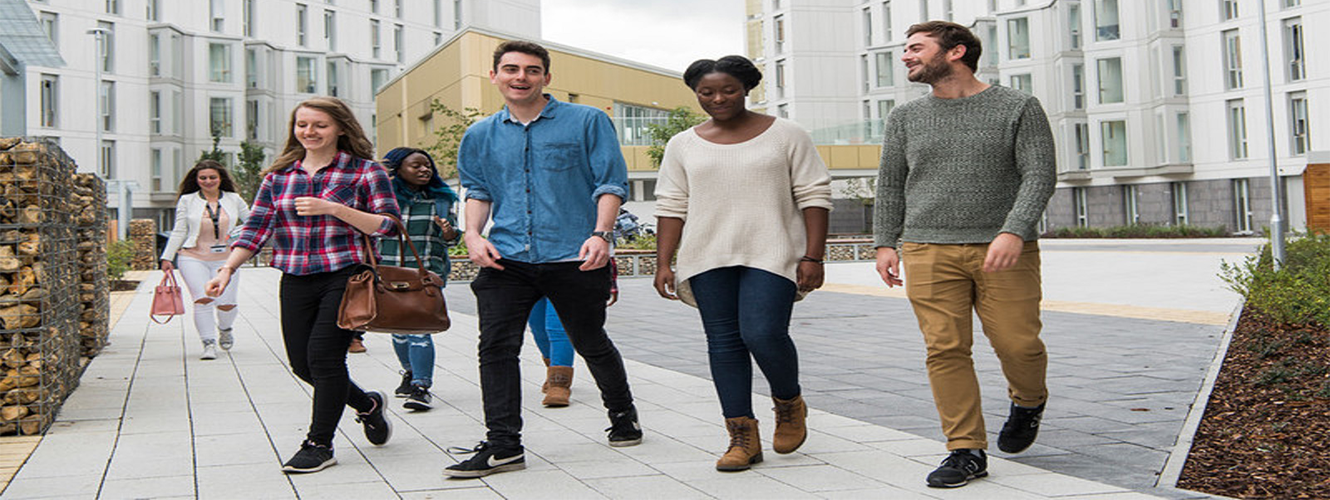UK116 BSc Environmental Sciences and International Development University of East Anglia
-
THÔNG TIN CHUNG
Why are the problems of poverty, inequality and access to natural resources so intractable in some parts of the world? How do societies manage the trade-offs between environmental change and their own development needs? What are the root causes of injustice and inequity around the globe and how are they best addressed through good science, policy and action?
If you’re interested in both the science of environmental change and how this relates to the challenges of human development, then read on. This course is ideal for you if you have an interest in natural sciences but also want to understand and explore different and better ways of using and sharing our planet’s natural resources.
ABOUT
Combining natural and social sciences, this three-year course is taught across the School of Environmental Sciences and the School of International Development giving you unique access to a wide range of modules in two world leading schools. Your balance between the two subjects will depend on the modules you choose in your second and final years.
You’ll study alongside Environmental Sciences and International Development students, as well as students from Geography and other specialist degrees that share common interests.
Our intention in the third year and final year of this course is to offer you the opportunity to spend one semester overseas on the Development Work Placement module. This runs in the autumn semester of the final year. The availability of the opportunity will though be subject to government health advice at the time.
-
CƠ HỘI NGHỀ NGHIỆP
PLACEMENT YEAR AND STUDY ABROAD
If government health advice at the time allows, you can choose to spend the first semester of your final year working with an overseas development project. You’ll have the freedom to find your own project with support from your lecturers. This is an ideal opportunity to collect data for your final-year independent project.
AFTER THE COURSE
You’ll be well prepared to go on and work in national or international agencies, the private sector or government in development, environmental management, climate change, resource development or conservation of natural resources.
CAREER DESTINATIONS
Examples of careers depend on how you choose to specialise but could include;
-
Environmental consultant
-
Conservation officer
-
United Nations World Food Programme
-
International NGOs
-
Government (both UK and foreign)
-
- ĐIỀU KIỆN ĐẦU VÀO
- ĐIỀU KIỆN NGÔN NGỮ
- HỌC BỔNG
- ĐỊA ĐIỂM
Tóm tắt
-
Phí ghi danh
0
-
Độ dài khoá học
3 năm
-
Kỳ nhập học
Tháng 9
Phí Cơ Bản
-
Loại Tiền
-
Học Phí
Trên năm -
Phí Sinh Hoạt
Trên năm -
Tổng







